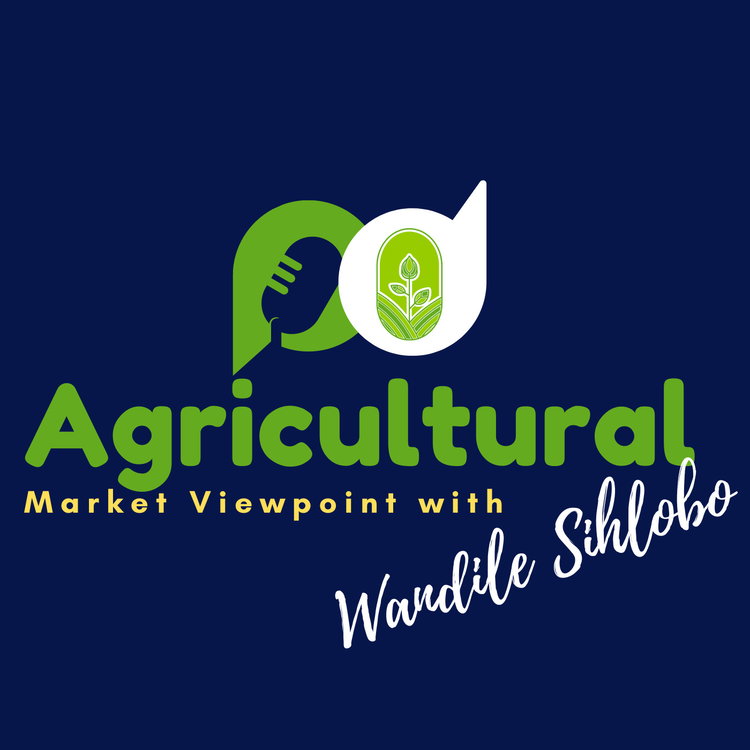
Jobs in South African farming sector
Loading player...
While South Africa's agriculture has had a rough start to the year, characterised by El Niño-induced drought, the employment conditions remain encouraging.
The data recently released by Statistics South Africa shows that employment in primary agriculture lifted by 6% year-on-year to 941,000 in the first quarter of 2024. This is also up 2% from the last quarter of 2023.
Admittedly, the significant drought damage has been concentrated on the summer grains and oilseed regions, not across all agricultural subsectors, which somewhat explains the resilience in job data. Another consideration is that there could also be a lag in fully accounting for agriculture's financial pressures resulting from the drought and the impact on employment afterwards.
We can observe from the current data that jobs generally increased across most subsectors of agriculture in the first quarter compared with the corresponding period last year. The decline in employment was only in the production of organic fertilisers, fishing, and fish hatcheries. Again, this could indicate the potential delay before the subsectors heavily impacted by the mid-summer dryness fully reflected the financial impact and subsequent jobs effect. We may have a complete picture of such in the second quarter jobs data.
From a regional perspective, the Eastern Cape, Northern Cape, North West, Gauteng, and Mpumalanga were behind the annual uptick in agricultural employment. These provinces broadly comprised various agricultural commodities or value chains. Thus, the uptick in jobs is not primarily on the back of a particular value chain but spread across a range.
Surprisingly, the Western Cape, KwaZulu Natal and Limpopo are amongst the provinces that recorded a mild decline in employment in the first quarter compared to 2023. These provinces are amongst those that hold significant shares of horticulture production, which benefitted from the irrigation throughout the harsh mid-summer season.
Meanwhile, the mild reduction in employment in the Free State could be somewhat explained by the province's vast grains and oilseed production and the expected decline in production because of the drought.
As we look in years ahead, the agricultural sector remains crucial for employment creation in South Africa's rural communities.
Listen to the podcast for a detailed reflection.
My writing on agricultural economic matters is available on my blog: https://wandilesihlobo.com/
Podcast production by Lwandiso Gwarubana, Richard Humphries, and Sam Mkokeli
The data recently released by Statistics South Africa shows that employment in primary agriculture lifted by 6% year-on-year to 941,000 in the first quarter of 2024. This is also up 2% from the last quarter of 2023.
Admittedly, the significant drought damage has been concentrated on the summer grains and oilseed regions, not across all agricultural subsectors, which somewhat explains the resilience in job data. Another consideration is that there could also be a lag in fully accounting for agriculture's financial pressures resulting from the drought and the impact on employment afterwards.
We can observe from the current data that jobs generally increased across most subsectors of agriculture in the first quarter compared with the corresponding period last year. The decline in employment was only in the production of organic fertilisers, fishing, and fish hatcheries. Again, this could indicate the potential delay before the subsectors heavily impacted by the mid-summer dryness fully reflected the financial impact and subsequent jobs effect. We may have a complete picture of such in the second quarter jobs data.
From a regional perspective, the Eastern Cape, Northern Cape, North West, Gauteng, and Mpumalanga were behind the annual uptick in agricultural employment. These provinces broadly comprised various agricultural commodities or value chains. Thus, the uptick in jobs is not primarily on the back of a particular value chain but spread across a range.
Surprisingly, the Western Cape, KwaZulu Natal and Limpopo are amongst the provinces that recorded a mild decline in employment in the first quarter compared to 2023. These provinces are amongst those that hold significant shares of horticulture production, which benefitted from the irrigation throughout the harsh mid-summer season.
Meanwhile, the mild reduction in employment in the Free State could be somewhat explained by the province's vast grains and oilseed production and the expected decline in production because of the drought.
As we look in years ahead, the agricultural sector remains crucial for employment creation in South Africa's rural communities.
Listen to the podcast for a detailed reflection.
My writing on agricultural economic matters is available on my blog: https://wandilesihlobo.com/
Podcast production by Lwandiso Gwarubana, Richard Humphries, and Sam Mkokeli

